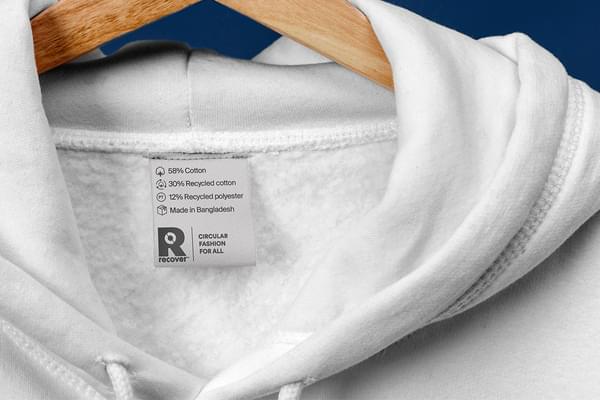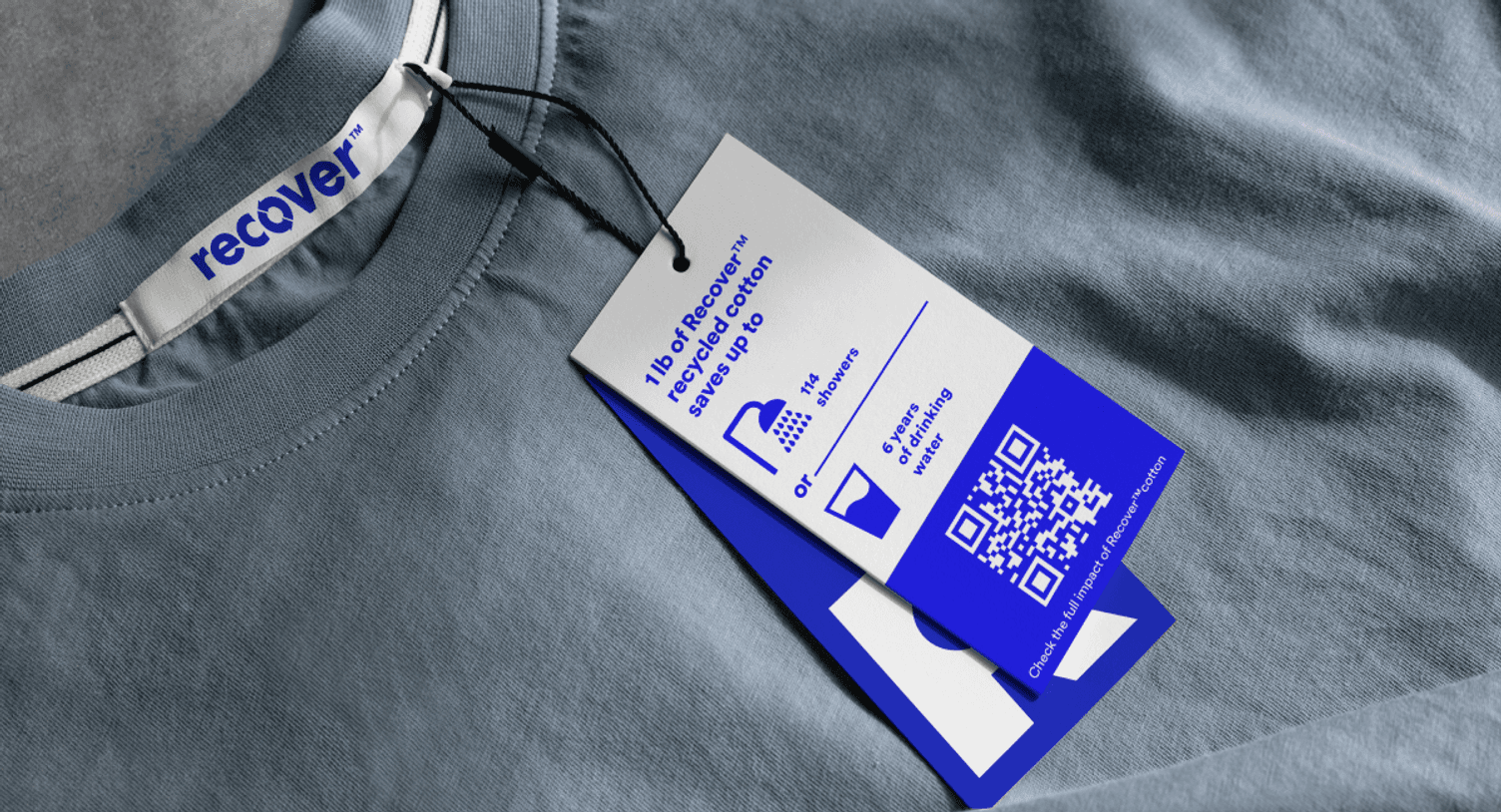When Talking About Recycled Materials, Origin Matters

Site map
In broad strokes, greenwashing is any misinformation used to depict an organization as more environmentally responsible than it is.
Whether it’s intentional or unintentional
depends on motivation and awareness. While intentional greenwashing is when an ethically-compromised organization tries to enjoy the perks of being seen as a climate action advocate without doing the work, unintentional greenwashing is when an organization genuinely believes it is environmentally responsible, but they overvalue the effectiveness of their efforts.
Intentional or not, greenwashing has consequences. Apart from the detrimental environmental effects, misleading ‘green marketing’ can wreak havoc on companies and consumers alike. In many cases, organizations might experience financial and legal penalties, lawsuits, and advertising bans. That’s not to mention a dip in sales, and the loss of their customers’, investors’, and business partners’ trust – as well as increased media scrutiny.
If the fallout weren’t enough of a deterrent, new anti-greenwashing laws also hope to stem the prevalence of this harmful practice.
In Europe, the European Commission is in the process of passing:
These two follow the recent EU Strategy for Textiles that included transparency requirements.
While still under review, the United States Federal Trade Commission is finalizing updates to its ‘Green Guides’ for the Use of Environmental Marketing Claims.
So, with so much at stake, why is it still so prevalent?
Despite wide-reaching consequences, corporate greenwashing is still so common due to:


At Recover™, we understand that avoiding these common greenwashing pitfalls requires a long-term commitment. We constantly strive to hold ourselves accountable by keeping up with policies and standards and initiating improved communication in the fashion sector. We also substantiate our data by performing an LCA of our products and by measuring our scope 1, 2, and 3 emissions annually. We also set measurable, actionable goals.
We turn our data over to the most respected third-party regulators, like the Global Recycled Standard (GRS), Higg FEM, and Higg FSLM for third-party verification via with annual audits.
We recognize that this is a collective effort, so we do our best to translate our verified data into bite-sized claims for a greater reach across platforms, including our web, social media, and on our partners’ products’ hangtags. To ensure the validity of our communications, we regularly review our claims and adjust when needed.
For more information, check out our Sustainability Report 2022.